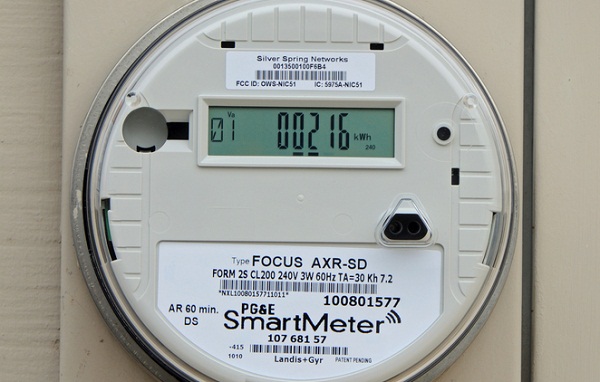More California residents wanting to opt out of smart meters were given their chance today as the California Public Utility Commission (CPUC) approved such choices for Southern California Edison (SCE) and San Diego Gas & Electric (SDG&E) customers. Like with Pacific Gas and Electronic (PG&E) customers earlier this year though, SCE and SDG&E will have to pay for it out of pocket.
The CPUC ruling, tied to a preliminary action in March, allows customers of these two utilities to have analog meters, instead of digital “smart” ones, if they so choose. While smart meter technology has been touted as a way for consumers to save energy and money and also a way for utilities to better respond to the changing demands of a strained power grid, not all residential customers want to take part. Reasons range from privacy and concerns over increases in electricity bills, to the belief by some that smart meters can cause health issues.

Customers participating in the opt-out option will be assessed an initial fee of $75 and a monthly charge of $10 thereafter, said the CPUC. Those enrolled in its California Alternate Rates for Energy (CARE) low income program will pay $10 for the initial fee and $5 monthly. These costs are described as being “interim,” subject to adjustments to actual costs associated with the analog opt-out option after a time.
Edison customers who opt out starting May 9 can either keep the meter currently installed at their location or receive the meter type that had been at their location prior to the new smart meter being put in. For SDG&E customers, they can choose to have an analog electric and/or gas meter.
How this plan will sit with those wanting to opt out, but not having to pay for it, remains to be seen. When CPUC ruled this way on the PG&E plan back in February, irate protestors prompted “security guards to clear the room.” It also didn’t help things that PG&E hadn’t initially handled its smart meter program that well.
Smart meter resistance is not limited to California. There’s been concerns about the technology in the Midwest, for example. Other parts of the world have been making use of it though, with China alone recently stating it plans to put around $100 billion into smart grid technologies.
“As we move toward a more advanced electricity grid, smart meters will offer customers real benefits,” said CPUC President Michael R. Peevey in a statement. “However, if a customer does not want to have a smart meter, our decision today gives them that option.”